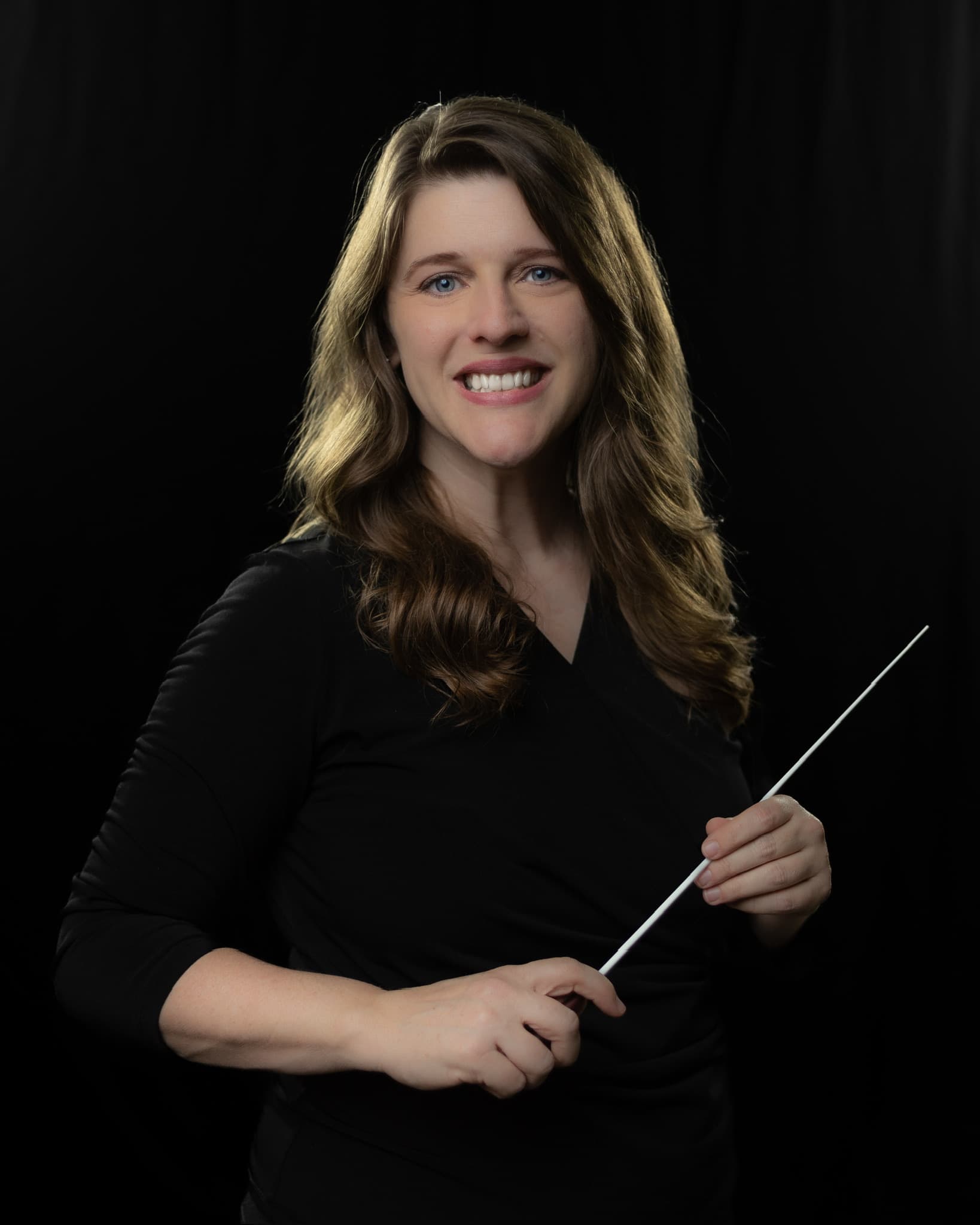Learning to play the piano as an adult can be a fulfilling and enriching experience. While many people may assume that musical talent is best nurtured in childhood, research has shown that adults can also develop impressive piano skills later in life.
This article explores the benefits of learning piano as an adult, discusses the challenges one may face, offers guidance on finding the right teacher, and emphasizes the importance of setting goals and tracking progress.
Adults who embark on the journey of learning to play piano often find themselves reaping a wide range of benefits. First and foremost, playing an instrument like the piano provides a creative outlet that allows individuals to express their emotions and inner thoughts through music. Additionally, it has been found that engaging in musical activities can enhance cognitive abilities such as memory, attention span, and problem-solving skills.
Furthermore, learning to play the piano requires discipline and commitment, which can have positive effects on self-discipline in other areas of life as well. Overall, taking up piano lessons as an adult not only fosters musical talent but also contributes to personal growth and well-being.
Benefits of Learning Piano as an Adult
Learning to play the piano as an adult offers a multitude of advantages, including enhanced cognitive abilities and the ability to express oneself through the intricate melodies produced by one’s hands gracefully gliding across the ivory keys.
The process of learning to play piano stimulates various areas of the brain, which can lead to improved memory, attention span, and problem-solving skills. Research has shown that adults who engage in musical training have increased neural connections and plasticity in their brains, promoting better overall cognitive function.
Furthermore, playing the piano as an adult allows for self-expression and emotional release. As adults juggle numerous responsibilities and stressors in their daily lives, sitting down at a piano provides a therapeutic outlet for creativity and relaxation. Playing music can evoke deep emotions and serve as a form of catharsis. It enables individuals to communicate their feelings without relying on words alone, creating a powerful connection between performer and listener.
Transitioning into the subsequent section about overcoming challenges in adult piano learning requires perseverance and dedication. While there are undeniable benefits to learning piano as an adult, it is important to acknowledge that it may not come easily or quickly. Adult learners often face unique challenges such as limited time availability due to work or family commitments, physical limitations that may affect finger dexterity or hand coordination, as well as potential self-doubt or fear of failure. Nevertheless, with patience and consistent practice under proper guidance from instructors who specialize in teaching adults, these obstacles can be overcome successfully.
Overcoming Challenges in Adult Piano Learning
Confronting the obstacles inherent in acquiring a new skill during one’s mature years can be an arduous journey, prompting individuals to summon untapped reserves of resilience and determination.
Learning to play the piano as an adult comes with its own set of challenges that are distinct from those faced by younger learners. One significant challenge is overcoming physical limitations that may arise due to age-related factors such as reduced flexibility and motor control. Adults may find it more difficult initially to develop the necessary finger dexterity and coordination required for proficient piano playing. However, with patience and practice, these obstacles can be overcome.
Another common challenge faced by adults learning the piano is time management. Unlike children or teenagers who often have more flexible schedules and fewer responsibilities, adults often juggle multiple commitments such as work, family, and other personal obligations. Finding dedicated time for regular practice sessions can be a struggle for many adults. It requires discipline and effective time management skills to carve out specific periods each day or week for focused practice sessions. Setting realistic goals and creating a structured practice routine tailored to one’s schedule can help overcome this challenge.
In addition to physical limitations and time constraints, adult learners may also face psychological barriers when learning the piano later in life. Self-doubt, fear of failure, or concerns about not being able to reach the same level of proficiency as younger learners can hinder progress. Overcoming these mental hurdles requires nurturing a positive mindset and cultivating self-belief through consistent effort and perseverance. Seeking support from fellow adult learners or joining communities where individuals share similar experiences can provide encouragement along the way.
Transitioning into finding the right piano teacher for adults allows aspiring musicians to receive guidance tailored specifically towards their needs while navigating these challenges effectively. By identifying an instructor who understands the unique requirements of adult learners – including their strengths, weaknesses, motivations, and limitations – individuals embarking on this musical journey will increase their chances of success significantly.
Finding the Right Piano Teacher for Adults
To maximize their chances of success, individuals embarking on the journey of acquiring piano skills in adulthood should prioritize finding a proficient and empathetic instructor who can provide tailored guidance for their unique needs.
Unlike children, adults often have specific goals and motivations for learning the piano, such as playing for personal enjoyment or exploring a new hobby. Therefore, it is essential to find a teacher who understands these aspirations and can design lessons accordingly.
A skilled piano teacher for adults will have a comprehensive knowledge of music theory and technique while also possessing the patience and understanding necessary to work with adult learners.
Adults may face different challenges compared to younger students when learning the piano. They might have limited time due to work or family commitments, which makes finding an instructor who can accommodate flexible lesson schedules crucial. Additionally, adult learners often bring prior musical experience or knowledge that can be leveraged during instruction. An experienced piano teacher will be able to identify these strengths and build upon them while addressing any weaknesses or areas that need improvement.
Finding the right piano teacher is crucial for adults seeking to learn this instrument later in life. By choosing an instructor who is proficient and empathetic, adult learners can ensure they receive tailored guidance that meets their unique needs and goals. With the right teacher by their side, adults can navigate the challenges of learning the piano while enjoying a supportive learning environment.
Transitioning into the subsequent section about setting goals and tracking progress in adult piano lessons, it is important to understand how these components play a vital role in sustaining motivation and measuring improvement throughout one’s musical journey.
Setting Goals and Tracking Progress in Adult Piano Lessons
Developing clear goals and implementing effective methods to track progress are essential components of a successful journey in acquiring piano skills as an adult. Setting goals provides a sense of direction and purpose, giving adults a roadmap to follow throughout their piano learning process. These goals can vary from mastering specific pieces or techniques to achieving certain levels of proficiency within a designated timeframe. By setting realistic and attainable goals, adults can stay motivated and focused on their progress.
To effectively track progress in adult piano lessons, it is important to establish measurable indicators that reflect the development of skills over time. This could include assessing technical abilities such as finger dexterity, accuracy, and speed, as well as musicality aspects such as dynamics, phrasing, and interpretation. Regular evaluations by the teacher or self-assessment through recordings can provide objective feedback on strengths and areas for improvement. Additionally, keeping a practice journal or log can help individuals monitor their daily efforts, noting difficulties encountered and strategies employed to overcome them.
Tracking progress also involves recognizing milestones achieved along the way. Celebrating small victories such as successfully playing a new technique or memorizing a challenging piece helps maintain motivation and boosts confidence. It is important for adult learners to acknowledge that progress may vary from person to person due to factors such as available practice time or prior musical experience. Patience is key when tracking progress in adult piano lessons; understanding that improvement takes time allows learners to appreciate incremental advancements while remaining committed to their long-term goals.
Developing clear goals serves as a guiding force for adults learning piano later in life. Tracking progress through measurable indicators enables individuals to assess their development objectively while identifying areas that require further attention. Recognizing milestones achieved along the way fosters motivation and confidence amidst the challenges faced during the learning process. By adopting an experienced mindset grounded in patience and perseverance, adults can nurture their musical talent through effective goal-setting practices and consistent tracking of their progress in piano lessons.
Final Thoughts
Learning to play the piano as an adult can bring numerous benefits and foster musical talent later in life. The process may come with its challenges, but with determination and the right mindset, adults can overcome them and achieve their goals. Finding a qualified piano teacher who understands the unique needs of adult learners is crucial for a successful journey.
Setting clear goals and consistently tracking progress is also essential in adult piano lessons. This helps individuals stay motivated and see how far they have come on their musical journey. By taking these steps, adults can embark on a fulfilling experience of learning to play the piano, discovering hidden talents, and finding joy in creating beautiful music.
As an experienced musician, I have witnessed firsthand the transformative power that playing the piano can have on adults’ lives. It not only provides a creative outlet but also improves cognitive function, relieves stress, and enhances overall well-being. Learning to play an instrument later in life may seem daunting at first, but with dedication and perseverance, it is never too late to discover one’s musical potential.
So if you’ve ever dreamed of playing the piano but thought it was too late or that you didn’t have enough talent, think again. With the right guidance from a knowledgeable teacher who understands your unique needs as an adult learner, you can unlock your musical abilities and experience the joy of making music for years to come.
Embrace this opportunity to enrich your life with the beauty of music – it’s never too late!

A native of Florida, Cindy grew up with a rich family history of music. Starting with piano at age 9, she added flute and other instruments to her repertoire in junior high. She made all-county band and played piano for her school’s jazz band and show choirs. Throughout her teen years, she also had opportunities to perform in her local community in churches, assisted living facilities, plays, and productions. While pursuing her college degree in education, she traveled as the pianist for a college-sponsored singing group in 48 states over five summers. She has now been teaching music, including instruments and voice, since 1995. She has instructed students of all ages and skill levels, and many of her students from decades past now are teaching their own music students.


